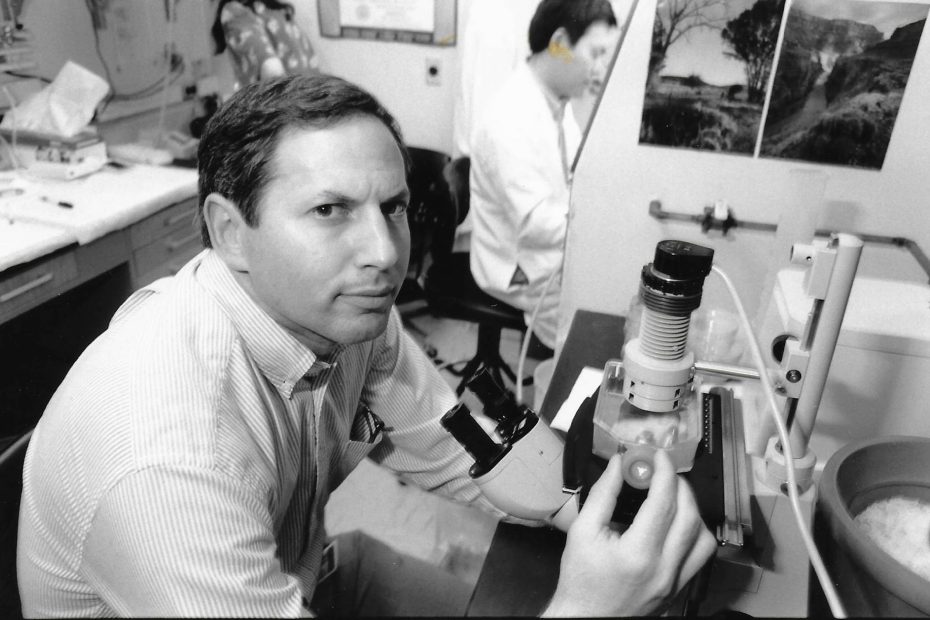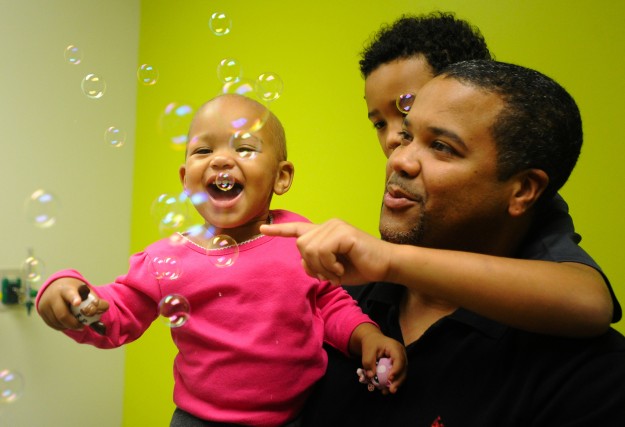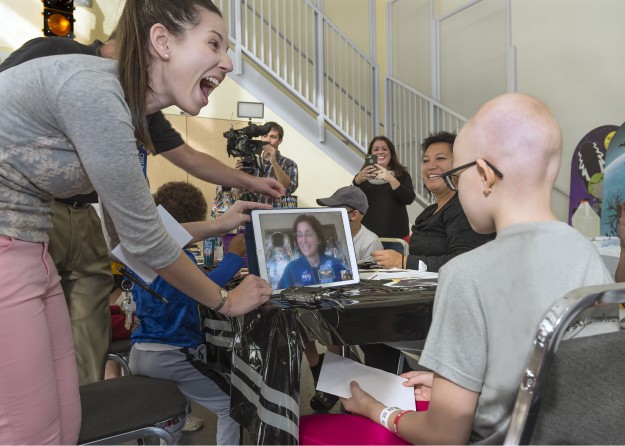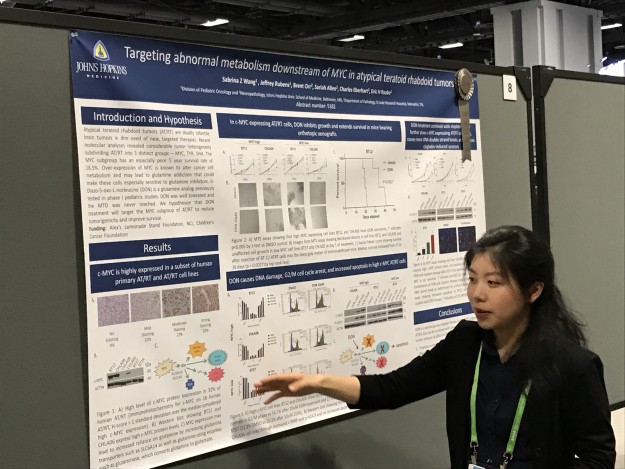It is truly an exciting time in cancer discovery. Discoveries in cancer genetics, immunology, and cancer stem cells are leading us to new, personalized therapies that target the specific cells and cellular alterations that drive the cancer. For children, this represents a huge step forward, as this new generation of treatments will not be as toxic to healthy tissue and cells, and, therefore, may spare young patients the lasting side effects that often result from cancer treatment. These discoveries also offer new opportunities to better understand and make real progress against those pediatric cancers that do not respond to existing treatments.
Pediatric Cancer Research Advances of 2010
BREAKING NEWS – First Pediatric Cancer Genome Mapped
Johns Hopkins Kimmel Cancer Center researchers have led the world in mapping the genetic blueprints of several common adult cancers, and now, our scientists have become the first to decipher the genetic code of a pediatric cancer. Their findings were reported in the December 16, 2010, issue of the journal Science. Using sophisticated new gene sequencing technologies, the team mapped the genetic sequence of medulloblastoma, the most common type of pediatric brain cancer. As suspected, this analysis clearly shows that genetic changes in pediatric cancers are remarkably different from adult tumors. The work revealed fewer genetic alterations than are typically found in adult tumors, and the researchers believe this may make it easier to use the findings to develop new therapies. The research also uncovered epigenetic alterations, biochemical variations that occur to the environment of genes and have the ability to turn genes on and off without mutating them, as a more significant culprit in pediatric cancer than commonly thought. Using drugs to block the abnormal biochemical activity can return normal gene function and stop the development of cancer cells. Information like this, gained from gene sequencing technology, could potentially help our team change the course of some relentless childhood cancers. As a result, we hope to continue this work in other pediatric cancers.
Read More »Promise, Progress, and Hope for the Youngest Cancer Patients



